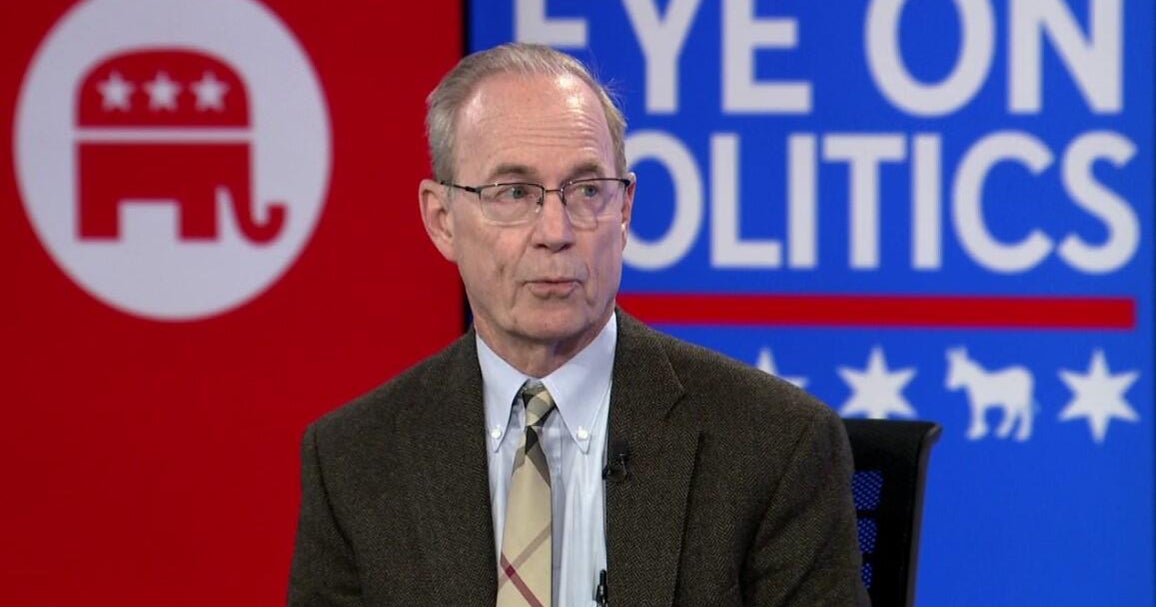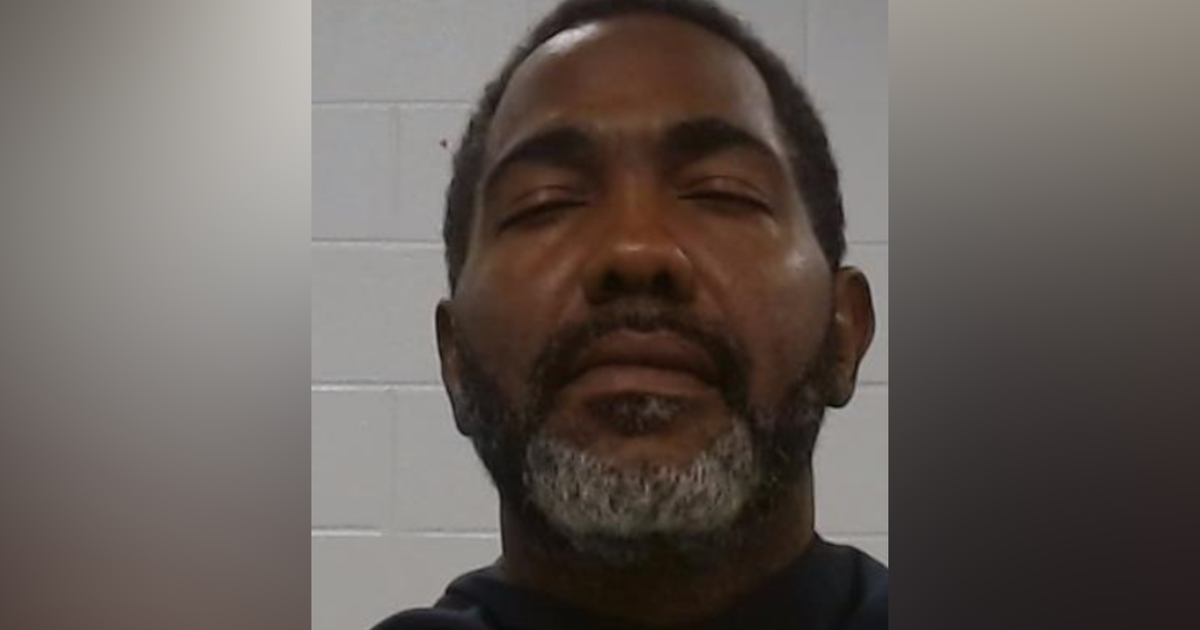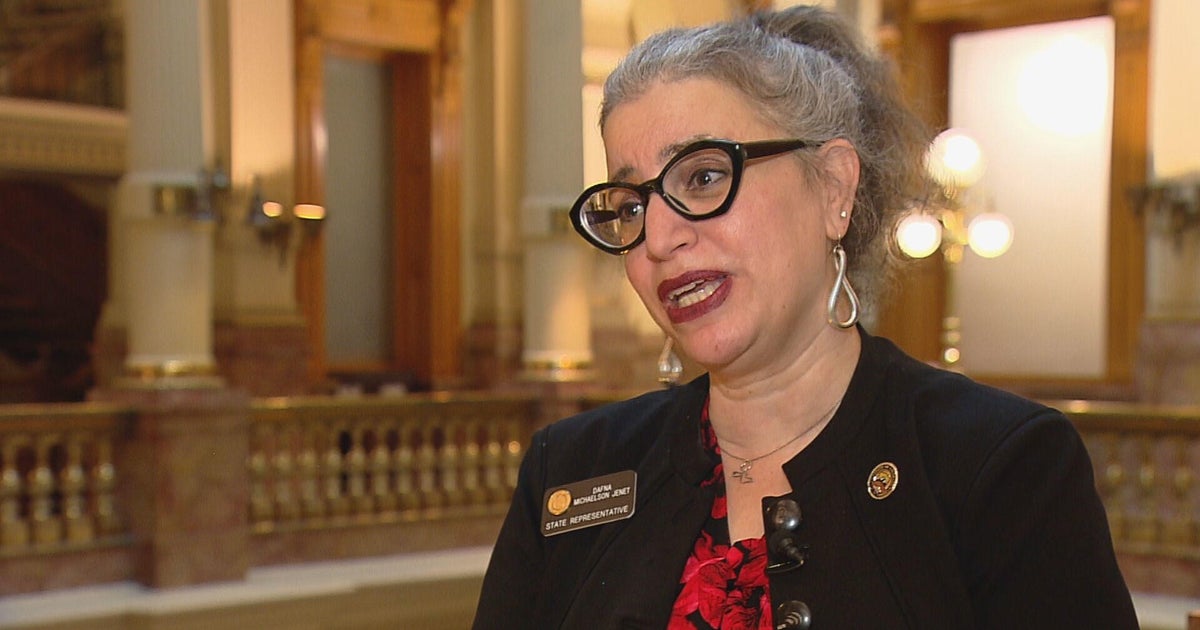Texas Lawmakers Review Mental Health Programs
AUSTIN (AP) - Republican and Democratic state senators agreed Wednesday that Texas must do more to help the mentally ill by providing services before a crisis or crime takes place.
Republican Sen. Joan Huffman, a former judge, observed that so many mentally ill people have ended up being arrested and put in the Harris County jail that it has unintentionally become the largest treatment facility for mental illness in the United States. Democratic Sen. Jose Rodriguez pointed out that Texas ranks last among the 50 states in per capita funding for mental health programs.
The Senate Health and Human Services Committee met Wednesday to discuss what the Legislature can do to address the problem. While mental health programs are expensive, senators agreed that treating patients earlier will save money.
Michael Maples, assistant commissioner for the Department of State Health Services, told the committee that 9,945 people are on the waiting list for mental health treatment, a 642 percent increase since 2004.
"Sometimes they have to go home and wait, sometimes they end up not getting served and end up in the criminal justice system," Maples explained. "Sometimes they go into crisis and the local mental health authority has to bring them into the crisis system."
Huffman said she believes a large number of people on the waiting list end up getting arrested, costing taxpayers more money than if they had entered treatment earlier. Maples said he couldn't confirm that, but said about 20 percent of Texas prisoners had at one time been treated by the state for mental illness.
Texas has 2,461 beds in its state mental hospitals and admits 14,000 people a year, Maples said. Texas is one of the fastest growing states in the nation with 25 million people.
Sen. Carlos Uresti, D-San Antonio, complained that the growing waiting list was the result of policy changes and budget cuts made in 2003, and experts then had correctly predicted the current shortage of services.
Committee Chairwoman Jane Nelson, R-Flower Mound, defended what the Republican Legislature had done since then, particularly last year when lawmakers cut the budget by more than $15 billion.
"Last session it was tough, and even in a very difficult budget session we were able to commit to increasing mental health funding," Nelson said. "Do we have more to do? Yes, one of the things we've got to do is make sure our investment is in a system that is actually producing results and I am very happy to hear about some of the things that we're undertaking right now."
Huffman said she would like to see the state spend more money on early treatment.
"Sometimes we can be short-sighted in not taking care of the problem because we're trying to be fiscally conservative, but ultimately we are spending much more money right down the road ... and creating the heartache to victims and families because people didn't get the treatment they needed," she said.
Lawmakers are looking for ways to shift funds around within the budget since the Republican leadership has promised not to raise taxes. But health costs are growing faster than inflation and population growth, adding to what experts estimate will be a $10 billion budget shortfall when the Legislature meets again next year.
Maples said that a number of studies are under way to reduce the waiting list and intervene sooner, and the state has applied for federal Medicaid waivers to get more funding and to redirect existing funding to local mental health authorities to offer services earlier and faster to patients. The waivers would place mental health services into Medicaid managed care programs, which give private companies funding to provide the appropriate treatment.
But experts testified that 60 percent of the poor in need of mental health care don't qualify for Medicaid and services for them must be paid for by the County Indigent Health Care Program.
(© Copyright 2012 The Associated Press. All Rights Reserved. This material may not be published, broadcast, rewritten or redistributed.)
Also Check Out:







